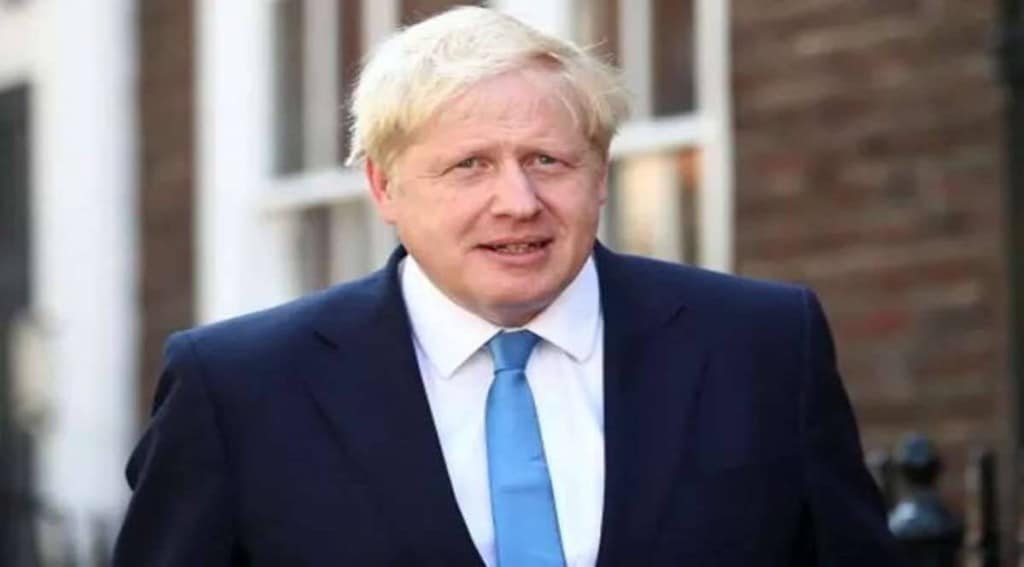India and the UK will pledge to further bolster their economic engagement through a trade deal, apart from taking defence and strategic ties to new heights, when British Prime Minister Boris Johnson kicks off a two-day visit to this country, starting Thursday.
Both the sides have been negotiating since January for a trade agreement, under which New Delhi is seeking special arrangements to facilitate freer movement of its skilled professionals.
The countries are keen to hammer out a pact, the scope of which could be more expansive than what was previously assumed, in late 2022, sources told FE. Initially, both the sides were eyeing an interim deal that aimed to cover about 65% of goods and about a third of bilateral services trade. The trade deal is expected to feature in discussions between Johnson and Prime Minister Narendra Modi.
According to the sources, New Delhi and London are also negotiating on mutual recognition agreements in the pharmaceuticals sector, which would provide substantial market access for exporters from both the countries. India is also pushing for greater access to the UK market in key services sectors like IT/ITeS, nursing, education, healthcare, including AYUSH and audio-visual services.
The UK is keen on supplying alcoholic drinks like Scotch at zero or concessional duties to India, which imposes a basic customs duty of as much as 150% on alcohol. Recently, India decided to allow Australian wine at concessional duties under an interim trade deal. London also wants greater access in information and communications technology (ICT) products, certain other high-end consumer and capital goods and digital services. It is also interested in getting greater access in sensitive services, including legal and accounting services.
For its part, India is pitching for duty-free access in sectors like textiles & garments, leather, footwears, marine products, iron & steel, gem & jewellery and processed food products, sources said.
The interim deal with the UK was proposed to be followed by a broader free trade agreement (FTA). India sealed an FTA with the UAE in February and the interim deal with Australia in March.
Both India and the UK launched the formal negotiations in January for a “fair and balanced” FTA, which could ultimately cover more than 90% of tariff lines. They aimed to double bilateral trade of both goods and services to about $100 billion by 2030. The India-UK trade is currently dominated by services, which make up about 70% of the overall annual commerce.
Before the pandemic, India shipped out goods worth $8.7 billion to the UK in FY20 and its imports from that nation stood at $6.7 billion. Between April and January this fiscal, India’s exports to the UK rose 37% from a year before to $8.5 billion, while its imports surged 55% to $5.9 billion. India mainly exports textiles & garments, gems and jewellery and certain capital and consumer goods to Britain and imports capital and consumer goods in large volumes as well.


